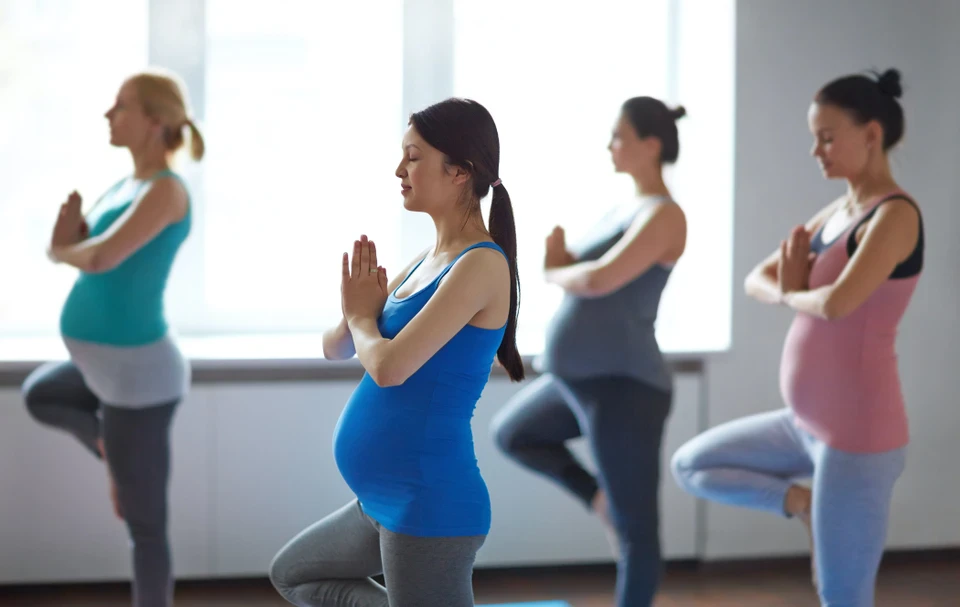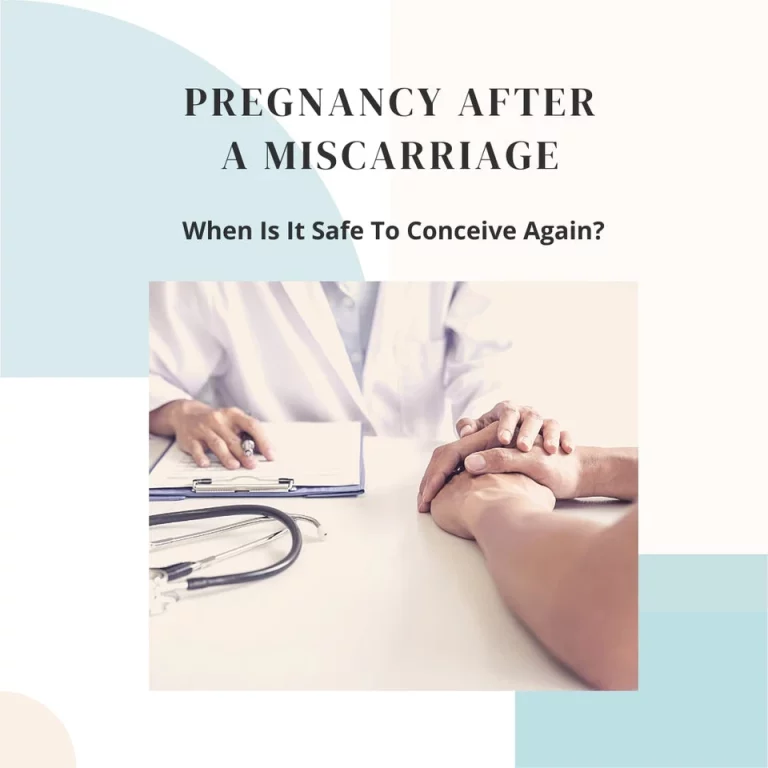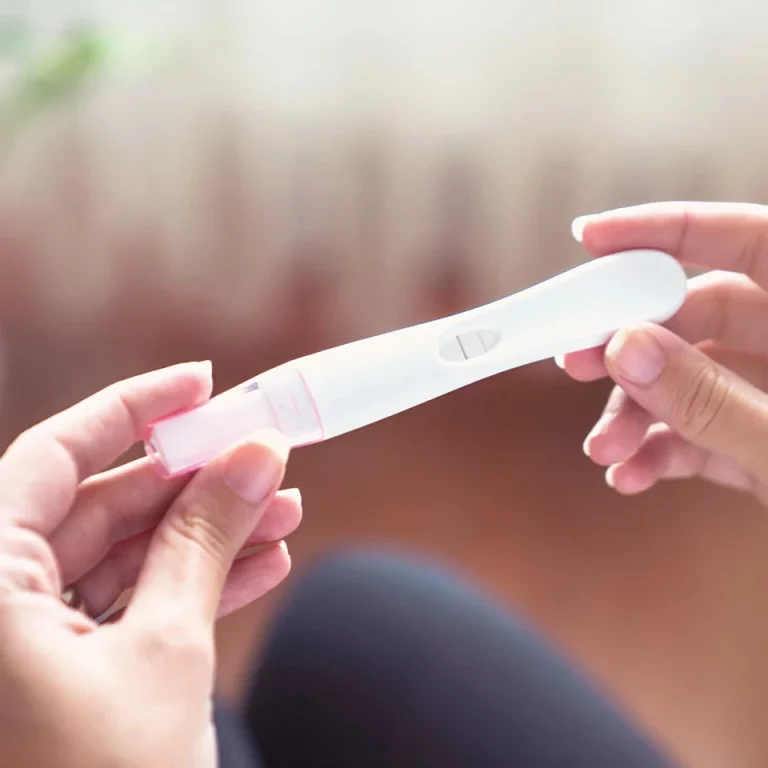Constipation During Pregnancy
Can Pregnancy Cause Constipation?
Yes! Unfortunately, pregnancy and constipation often go hand in hand. But, you are not alone in experience pregnancy constipation pain, and discomfort. Recent statistics show that as many as half of all pregnant women may suffer from constipation during pregnancy.
While it may be reassuring to know that constipation in pregnancy is a fairly normal experience to have, it doesn’t answer the question of how best to achieve pregnancy constipation relief.
Treating constipation in pregnancy looks different than it does when you are not pregnant. Find out what is and isn’t recommended to find constipation relief in pregnancy.
What Are Pregnancy Constipation Symptoms?
The American College of Obstetrics and Gynecology (ACOG) defines constipation as follows:
- Having two or fewer bowel movements per week.
- Having difficulty passing stool.
- Hard or firm stool.
- Abdominal pain and/or bloating.

What Causes Constipation During Pregnancy?
According to the American Pregnancy Association, there are a number of factors that can cause constipation in pregnancy.
Hormones
Changing hormone levels, and in particular, a spike in progesterone can contribute to a sluggish gut. Progesterone is so important for helping your muscles to relax and expand as your baby gets bigger.
But progesterone also has this effect on the gut muscles, which has an unintended side effect: pregnancy constipation.
To make matters even more uncomfortable, as one research study explains, when progesterone levels increase, this inhibits motilin, a hormone that stimulates the smooth muscles of the gut to contract.
Diet
For many pregnant women, morning sickness symptoms and food cravings or aversions can throw off their usual dietary routine. The gastrointestinal system does not like change and may react with constipation and other unpleasant side effects like gas, bloating, cramping and pain.
In general, eating a diet low in fiber is one of the main dietary causes of constipation in pregnancy as well as in other times of life. Another main cause is poor hydration.
Inadequate intake of dietary fiber combined with too-low intake of water is a reliable recipe for constipation in pregnancy. Make sure to drink enough water to keep your bowels moving.
Inactivity
For some women, pregnancy can cause nausea, vomiting, fatigue and other physical symptoms that may lead to inactivity.
Inactivity can cause sluggish gut motility that makes pregnancy constipation worse. Because working out during pregnancy can be challenging, even remembering to take regular walks during your day can help pregnancy constipation symptoms.
Worry and anxiety
While learning you are pregnant is exciting, it can also be stressful. In fact, all types of stress, both “bad” (distress) and “good” (eustress) impact your body in essentially the same way.
Stress, worry, and anxiety are normal and natural during pregnancy but they can also send your body into fight-or-flight mode. The American Psychological Association (APA) notes that stress of any kind can affect how and how rapidly food matter moves through your gut, which can lead to constipation. Being in a relaxing environment can help you to go to the bathroom.
Prenatal Vitamins And Constipation
As the Mayo Clinic points out, one of the pregnancy supplements most frequently implicated in pregnancy constipation is iron. Because taking prenatal vitamins is essential during pregnancy, remember to keep your water and fiber intake at adequate levels as well.
Other medications may also contribute to constipation – always talk with your healthcare provider if you suspect constipation in pregnancy is linked to any medications or supplements you are taking. Always talk with your doctor before adding any new supplements.
Does Constipation in Pregnancy Change?
Pregnancy constipation can and does change as pregnancy itself progresses. This is due both to ongoing hormonal fluctuations at different stages of pregnancy and also because of physical changes.
For example, the entire abdominal structure stretches and widens as your baby grows. This can put pressure on existing structures and internal organs, including the intestines, colon, rectum and bladder.
Related: Heavy Implantation Bleeding: Pregnancy Or Period?
First trimester
The first trimester is when most women experience the set of symptoms commonly referred to as “morning sickness.”
In this first stage of pregnancy, constipation is more likely to arise because of sheer upset to your system as hormone levels spike and fall and your diet tries to adjust to symptoms like nausea and fatigue
As mentioned here earlier, progesterone spikes reduce gut motility and slow the progress of waste matter through and out of your body.
As well, as John Hopkins Medicine explains, constipation naturally arises as your uterus begins to change shape and exert pressure on the intestines and rectum.
Second trimester
During the second trimester, your baby really starts to grow. While the majority of morning sickness symptoms will begin to disappear, your growing baby will actually push your uterus up and out of the pelvic cavity, in part relieving the pressure on your intestines and rectum.
However, for many women, the second trimester is the time when appetite increases. Increased food intake combined with back aches, body aches and pains and disrupted sleep can in turn cause constipation in the second trimester, according to John Hopkins Medicine.
Third trimester
After experiencing constipation in the second trimester, you may feel quite hopeful that it will finally ease up in the third trimester.
Unfortunately, according to John Hopkins Medicine, this is unlikely to be the case. The reason is because your baby is now large enough to once again put pressure on both your bladder and bowel, causing leaking in the former and constipation in the latter.
The onset of hemorrhoids, another common pregnancy complication, may make constipation symptoms feel more intense.
Treatment For Constipation in Pregnancy
Treating constipation in pregnancy correctly is important both for your baby’s health and safety and for your own.
First step: try to resolve constipation naturally.
The best first step is always to try to resolve the constipation symptoms naturally, as the American Pregnancy Association (APA) explains.
As best you are able, try to increase fiber and water intake and daily exercise. The APA recommends aiming for 20 to 30 minutes of moderate exercise at least three times per week. Swimming and walking are excellent choices
However, always talk with your doctor before adding anything new to your daily diet or exercise routine.
Second step: talk to your doctor about adjusting prenatal vitamins.
In some cases, it may be possible to switch to a different type of iron supplement or take smaller doses more frequently to ease constipation symptoms.
Separating out iron supplements from your other prenatal vitamins can also help ensure you keep taking in appropriate levels of all.
If possible, you may be able to work with your provider to take in more dietary iron instead of taking it in supplement form.
Here again, never make any changes without talking with your doctor first.
Third step: try a medical remedy.
There are three general categories of medical remedies that your doctor may recommend for pregnancy constipation that does not respond to other things you have tried: stool softeners, laxatives and bulk-producing agents.
The Mayo Clinic states that stool softeners are generally considered to be safe for use during pregnancy.
The Cleveland Clinic also publishes a list of constipation remedies considered safe for use while you are pregnant.
The American Pregnancy Association reports that Milk of Magnesia is one remedy that is also considered to be safe for use during pregnancy.
Thankfully, constipation during pregnancy is considered a highly treatable symptom. Now you know you have multiple options to help your gut acclimate to the widespread changes occurring throughout your body.
Always seek a doctor’s guidance before treating constipation in pregnancy that does not respond to other natural lifestyle modifications. This is for your baby’s safety.
We discuss products we think are useful to people. If you buy something through our links, we may earn a commission. Remember to check with your personal physician to see if a product recommended is right for you.








